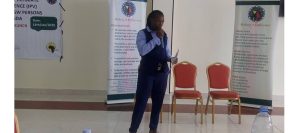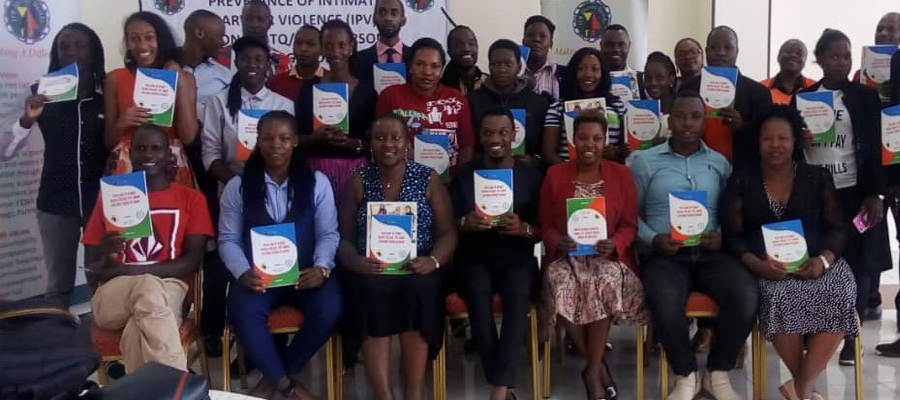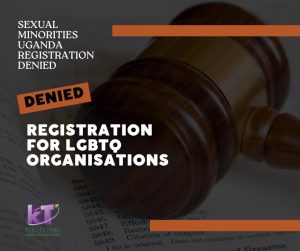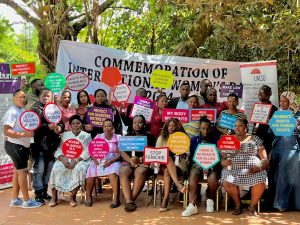FEM ALLIANCE (FEMA) Uganda, on 18th January 2018, launched their first research report on "Prevalence of Intimate Partner Violence (IPV) Among LBTQ/ WSW Persons in Uganda". The project supported by American Jewish World Service (AJWS), UHAI and The Match International Women's Fund began in 2016 and covered Kampala, Mbale, Malaba, Lira, Kasese and Mbarara districts.
The project was birthed after the realization that the existing interventions and research data exclude and deliberately sideline LBQT persons due to already existing societal homophobia and fear. The findings also revealed that people only understand Intimate Partner Violence(IPV) in the heteronormative context thus leaving a gap within the gender and sexual minorities and the misconception that IPV doesn't occur in same sex relationships/ partnerships especially within LBQ/ WSW women is undeniable.

The launch held somewhere in the Makerere suburb had a question and answer session to held the attendees further understand the objectives of the project as well as the relevance of this kind of research within the gender and sexual minority community in Uganda. The panel consisted of Nkali Warry, Executive Director Freedom and Roam Uganda, Sandra Riza Executive Director HER Internet and Elias Mulshid from Defenders Protection Initiative.
Sandra Riza highlighted that the use of electronic devices through social media and communication platforms by partners has led to violence in many relationships. This normally takes the form of online harassment, increased surveillance of partners due to mistrust, revenge porn and blackmail through sharing videos, audios, pictures
Queried why LBTQ persons do not report cases of IPV to police or any other relevant authorities, Mulshid Elias said that the "Stockholm Syndrome" where the victim develops a strong positive affinity towards the perpetrator is one of the main reasons that victims choose to suffer in silence. He further elaborated about the legal framework not being inclusive of LBQT persons because the laws are only heteronormative (strictly define partnerships only between man and woman) and same sex relationships remain illegal in Uganda. Also lack of awareness, by police officials, that LBTQ persons are also prone to IPV and the belief that violence within relationships is only physical has led to a biased handling of cases of IPV within same sex relationships.
It was also brought to light, during the discussions, that the limited support mechanisms within gender and sexual minority organizations also force people to stick to violent partners because they can’t even turn to spaces where people should be able to understand their issues.
The released report emphasizes the need for the LBQT community to sensitize its members about the laws that protect them from this kind of abuse for example Sections 123 and 125 of the Penal Code, parts of the Anti-Pornography Act which ban sharing of one's explicit content (photos, videos), the Computer Misuse Act which prohibits online harassment and cyber stalking and clauses within the Sexual Offences Bill that prohibit acts of sexual abuse can be used in the courts of law to bring perpetrators to book.
Currently a number of community organisations offer services to victims of IPV. Human Rights Awareness and Promotion Forum (HRAPF), FEMA, Health and Rights Initiative, Defenders Protection Initiative, Chapter Four Uganda and National Coalition of Human Rights Organizations are some of the organisations that have put in place programs to help victims of IPV.




